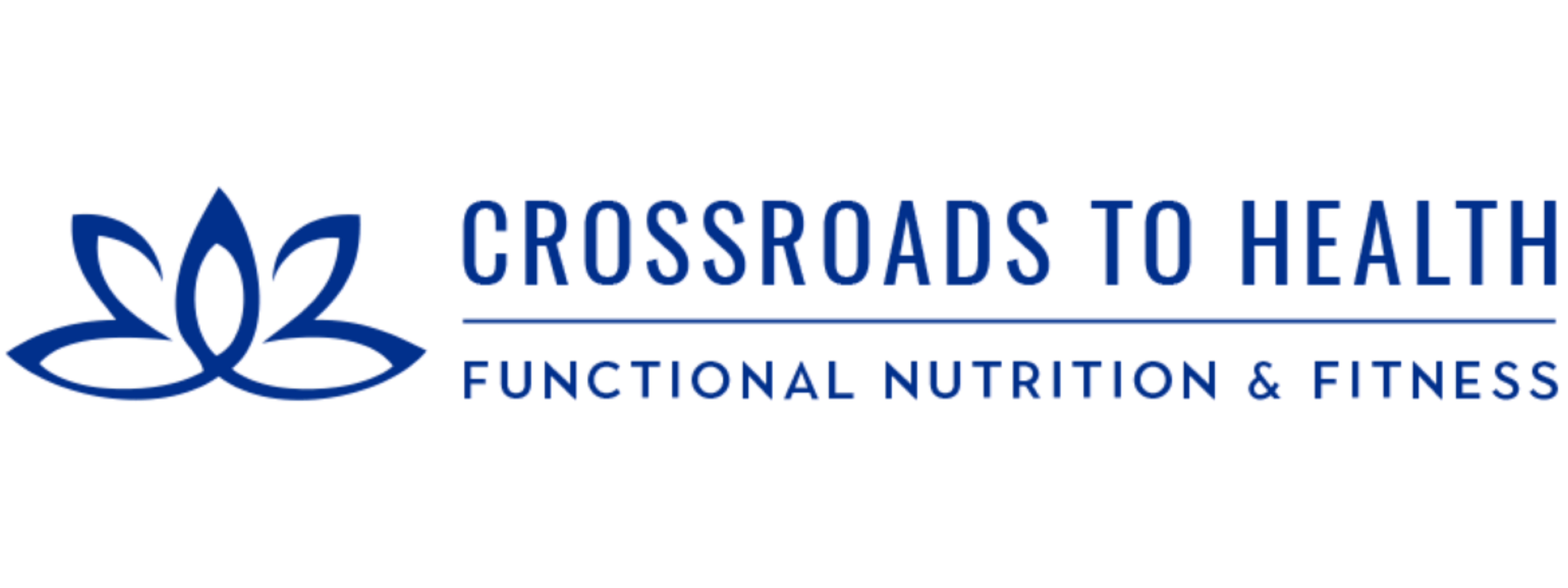The Insulin – Weight Gain Connection

We are now learning from science that the calorie model for weight loss is not the answer for long term success. Dieters have been finding out for decades that just because they eat less and burn more, it doesn't always equate to pounds off, especially in the long run. The majority of people gain the weight back that they have worked so hard to lose. If monitoring calories isn’t the answer for weight loss, then what is? While calories do matter to some degree, hormones matter more.
Why Hormones, Not Calories
To provide just one example about why hormones – not calories – are the key players in weight loss, let’s briefly look at insulin. When you eat sugar of any kind, your pancreas produces this master metabolism hormone. Insulin’s job is to help sugar get into your cells. Once sugar is in the cells, it can be turned into energy by your mitochondria (the energy-burning factories in your cells). So insulin is designed to help you use the sugar you eat, or, if you eat more than you need, store it for later use. At its best, the interaction between your insulin level and the sugar in your blood is a finely tuned machine. You eat some sugar, and your body produces just enough insulin to metabolize it. Later you eat a little more sugar, and the same thing happens again. It is a smooth, harmonious cycle that the healthy body carries out every day without your slightest awareness.
Insulin Resistance and It's Effects
However, problems can occur when there is too much sugar in your diet. When you regularly eat a lot of sugar, especially sugars that are quickly absorbed, the insulin levels in your blood become elevated. Over time, you can become resistant to the effects of insulin and thus need more and more of it to do the same job. This insulin resistance has some very serious health implications as well as a direct impact on your appetite. Insulin resistance is very much like a drug addiction. When you are addicted to a drug, you develop a tolerance to it and hence need more and more of it to produce the same effect. When you consistently have a high level of insulin in your blood, you develop a tolerance to it. As a consequence, your body’s tissues no longer respond normally to the hormone. Hence, your pancreas produces more of it, elevating your insulin levels even more in your body’s attempt to overcome this resistance. This turns into a vicious cycle very quickly. When you have more insulin in your blood than you do sugar, your body tells you to eat some sugar to even out the balance. But every time you eat the sugar you cause your insulin levels to go up even more, causing you to want more sugar, and on and on the cycle goes. In the meantime, you are storing all the excess sugar as fat, slowing down your metabolism, and promoting heart disease, dementia, and cancer.
Focus On Foods That Normalize Blood Sugar
The key to weight loss, then, becomes focusing on foods that normalize blood sugar and lower insulin levels. Food is information that controls your gene expression, hormones, and metabolism. The source of the calories (and the information carried along with the calories) makes a gigantic difference in how your genes, hormones, enzymes, and metabolism respond. If you eat food that spikes your insulin level, you will gain weight. If you eat food that reduces your insulin level, you will lose weight. This is true even if the food contains exactly the same number of calories or grams of protein, fat, carbohydrates, and fiber.
The Only Diet That Science Shows Works
Low-glycemic-load diets are the only diets that have been proven to work— these diets don’t spike blood sugar and insulin. In a landmark large-scale study, only one diet showed the capacity for maintaining the most weight loss over time. The study, published in the New England Journal of Medicine, found that the easiest diet to maintain, and the one that had the biggest impact on preventing weight gain after people had lost weight, was the low-glycemic-load, higher-protein diet. When you focus on real, whole, unprocessed foods, you will automatically create a meal that has a low glycemic load. The glycemic load of a meal tells us how much of and how quickly a fixed quantity of a specific food will raise your blood sugar and insulin levels. The slower these levels rise, and the lower they are, the better. Controlling the glycemic load of your meals isn’t very hard.You need to combine protein, fats, and whole-food, fiber-rich, low-starch carbohydrates from vegetables, legumes, nuts, seeds, and a limited amount of whole grains and low-sugar fruit. If you would like a personalized approach to the low glycemic diet and a better understanding of how insulin effects you individually, schedule a free 15 minute discovery call and start working on your weight loss goals now.

